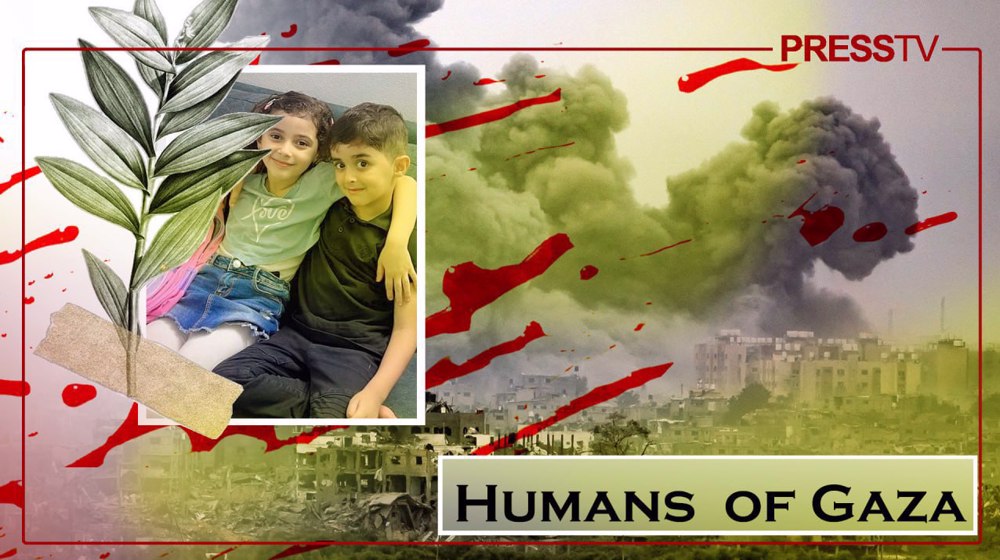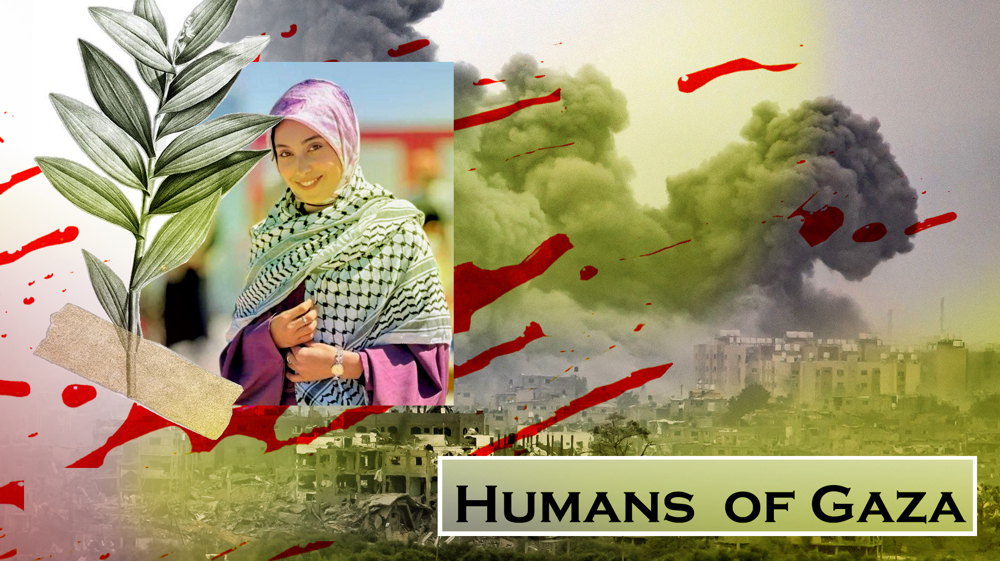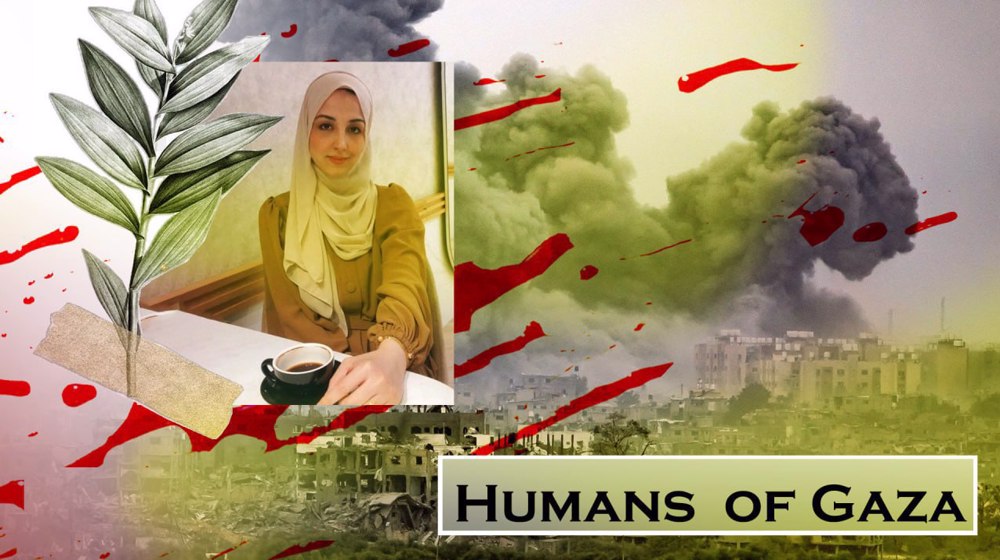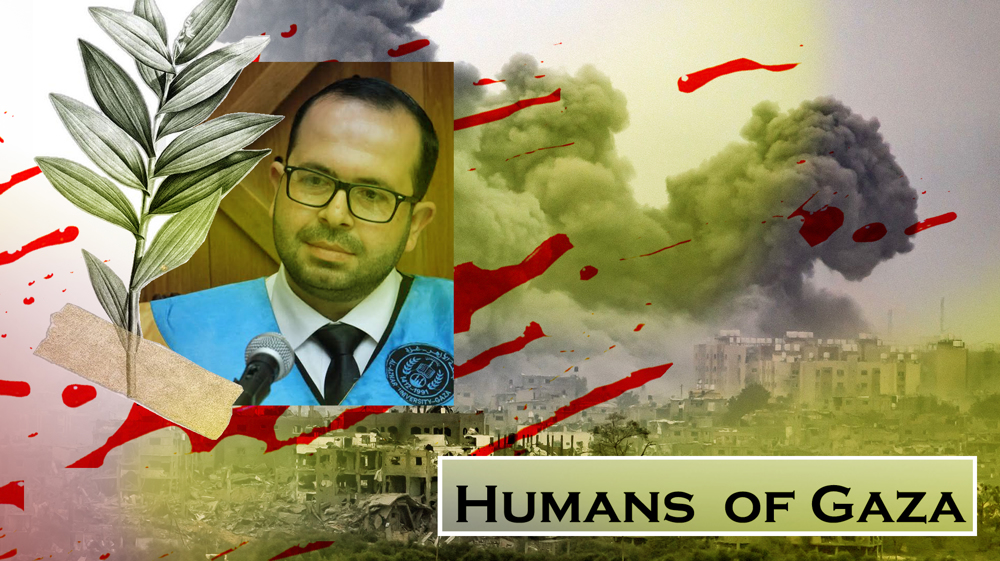Humans of Gaza: Ayah and Abdullah, six-year-old twins
By Humaira Ahad
In 2017, Asmaa Mughhari announced the arrival of her daughter and son through an Instagram post, invoking a Quranic verse and praising God for bestowing her with two beautiful children.
Mughhari’s world revolved around Ayah and Abdullah. She lovingly called them her “moons.”
She often shared photographs of her children on social media, which not only conveyed the mother’s unconditional love for her children but also the camaraderie between the siblings.
They had a small, happy world of their own. Mughhari thought all her wishes had been granted.
However, there was a twist in the tale. On October 18, amid the Israeli regime’s sweeping bombings in the besieged Gaza Strip, their small and beautiful world came crashing down.
The children who brought love and peace to their mother’s heart were brutally killed.
“It’s been 17 days now without you. And you are the survivors, not me,” the bereaved mother wrote in an Instagram post on November 3, weeks after her children were snatched away.
In photos that Mughhari would post on her social media pages, Ayah and Abdullah could be seen singing, dancing, playing, and making beautiful memories with their mother.
On October 7, when Israel started its relentless bombing of the Gaza Strip, the 6-year-olds were overtaken by fear, too young to understand what was unfolding around them.
“I’ve accepted my fate. I swear to God, I have accepted it. But I can’t accept, how, just the day before you were saying to me: Oh God Mom, don’t let a rocket bomb us. Oh God, don’t break our house and kill us,” the grief-stricken mother wrote in a letter addressed to her children.
“I’ve stayed in the most horrible and vile world, deprived of you in a moment of betrayal.”
Like many Palestinian mothers, helplessness and the failure to protect their children have also filled Mughhari with remorse and regret.
“Forgive me, my dears. If it were up to me, I would have protected you and kept you in my arms forever. We would have lived the best life we were living before.”
In a video she posted on Instagram, Ayah and Abdullah, donning kindergarten graduation apparel could be seen reciting in Arabic and happily waving at their mother.
“Your love washes away all my tiredness, my dear, may God protect you for me,” the proud mother captioned the clip shot just five months before the two kids were silenced forever.
In a widely circulated video on social media, Ayah is seen lovingly feeding her brother Abdullah while the family enjoys a picnic at a picturesque place somewhere in Gaza.
In an attempt to pacify herself, the devastated mother wrote, “Heaven suits you best. You don’t have to wake up in horror to bombs or ever be scared of anything anymore.”
"I imagine them now sitting in a place more beautiful than this, like this gathering, talking together, far away from the sound of shelling, death, and hunger.”
Fearing death and losing her mother, little Ayah had expressed her anxiety to her mother.
“A few days before the war, we were talking, and they told me they didn't want me to grow old. Ayah, in fear, said, 'Mom, I don't want you to grow old and become the oldest grandmother and die, and I don't want you to die’,” she wrote.
“They didn't know that in Gaza, death takes the young. And now it's the parents who bury their children."
Since October 7, more than 6,000 children have been killed by the Israeli regime. According to the World Health Organization, one child is killed every ten minutes in the besieged territory.
Gaza has now turned into a graveyard for thousands of children, according to the United Nations.
The world body has been warning of the prospect of more children dying of dehydration and lack of humanitarian aid amid the regime's no-holds-barred aggression on the coastal territory.
On October 31st UN Office for the Coordination of Humanitarian Affairs (OCHA) spokesman Jens Laerke said it’s “almost unbearable to think about children buried under rubble, but [with] very little opportunity or possibility for getting them out.”
ICE shooting of protester in Minnesota
UN envoy: US responsible for ‘unpredictable consequences’ of aggression on Iran
UK, China push strategic cooperation as US undermines global order
Iran not opposed to dialog but seeks diplomacy based on mutual respect: Qalibaf
Extreme poverty rate soars in UK: Report
Hezbollah official warns US strike on Iran could ‘trigger volcano’ in West Asia
Hamas never agreed to lay down arms in truce talks: Official
VIDEO | Iraqi political blocs denounce Trump’s interference in domestic affairs










 This makes it easy to access the Press TV website
This makes it easy to access the Press TV website